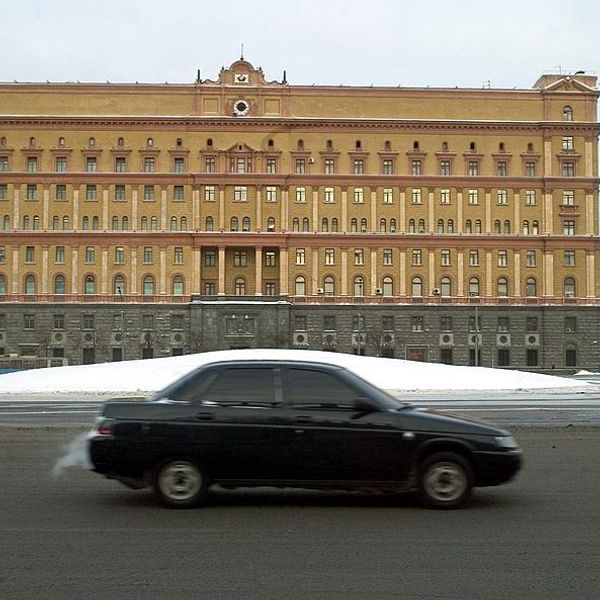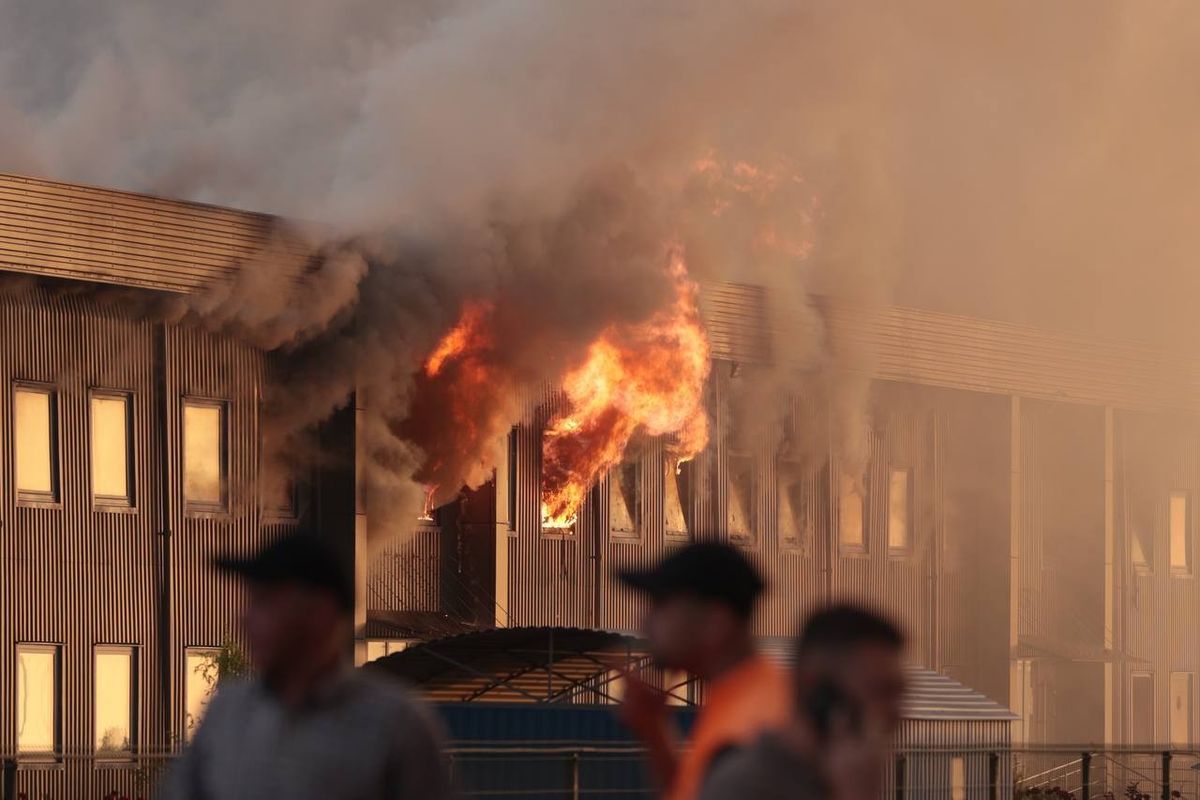OPINION — President Trump had showed a change of attitude toward Ukrainian President Volodymyr Zelensky and his new Ukrainian government before last July 25, when he asked Zelensky for a “favor”.
The sources and reason for that change of attitude should be one of the early issues explored at tomorrow’s hearing before the House Intelligence Committee. It could help explain the intentions behind Trump’s subsequent, allegedly impeachable actions.
Deputy Assistant Secretary of State for European and Eurasian Affairs George Kent, one of tomorrow’s first public witnesses, discussed Trump’s change toward Ukraine during his October 15, closed-door deposition before the committee.
Kent described President Trump’s first telephone call with Zelensky as being “very positive,” when on April 21, he congratulated the Ukrainian “on being elected president” and also extended a future visit to the White House.
Lt. Col. Alexander S. Vindman, during his October 29 deposition before the committee, said Trump, “repeatedly praised President Zelensky for the significant landslide victory he had achieved.” Vindman added, “I think there was, you know, probably a little bit of humor exchanged. As you may know, President Zelensky is a comedian, so he tries to put in a couple of, I guess, lighter lines in there to help him build rapport.”
Trump, himself, has said the same about that April 21 call and has even offered to make a summary of it public.
But as Kent stated during his deposition, less than a month later, on May 23, Trump, during a White House meeting, was showing a “change of attitude and approach towards Ukraine.”
Kent said the change followed meetings that Trump had had with Victor Orban, the leader of Hungary, and Russian President Vladimir Putin. Kent said he had discussed his observations with Fiona Hill, the National Security Council’s Russia expert. Hill assessed that “both Putin and Orban extensively talked Ukraine down, said it was corrupt, said Zelensky was in the thrall of oligarchs….negatively shaping a picture of Ukraine, and even President Zelensky personally.”
Kent told the October 15, closed hearing that he believed that those two world leaders, along with former Mayor [Rudy] Giuliani, helped shape the President's view of Ukraine and Zelensky. That could account for the change from a very positive first call April 21, to his negative assessment of Ukraine when he had the meeting in the Oval Office on May 23.
At that May 23 meeting, the senior American officials who attended Zelensky’s inauguration gave a positive report about the new Ukrainian president. Kent said the State Department was “cautiously optimistic that this was an opportunity to push forward the reform that Ukraine needs to succeed in resisting Russian aggression, building a successful economy and a justice system that will treat American investors and Ukrainian citizens equally before the law.”
However, Kent said he had been told that “President Trump had been very angry about Ukraine, he said that they were corrupt, and they had wished him ill in 2016.”
Where did those ideas come from?
Prior to that time, Giuliani had said publicly that Ukraine had helped Democrats in the 2016 presidential campaign, and he was reporting privately to Trump. Orban and Putin had their own separate differences with Ukraine, and Trump has shown he admires both men and sees them as strong leaders and seems to believe much of what they tell him.
[As an aside, Trump’s admiration for strong leaders gets another test tomorrow when he meets with Turkish President Recip Tayyip Erdogan to discuss not only the Syrian invasion issue, but also the U.S. reaction to the Turks’ purchasing the Russian S-400 anti-aircraft weapon system. Congress wants sanctions applied for the S-400 purchase, but Trump has hesitated.]
Kent should also be asked about Giuliani’s activities from the point of view of the State Department. And he should describe, as he did in his deposition, the media campaign launched by John Solomon in March 2019 that led to Trump’s forced removal of former U.S. Ambassador to Ukraine, Masha Yovanovitch.
Kent could also describe the importance of that moment in the July 25 phone call when Zelensky said that Ukraine “was almost ready to buy more Javelins,” anti-tank weapons that had proved important in fighting off Russian-made tanks used by separatists in eastern Ukraine.
In the phone call, Trump immediately raised the “favor” he wanted related to Ukraine investigating a company called Crowdstrike, that Giuliani and others had claimed helped Democrats in the 2016 elections, and the Bidens and the natural gas company Burisma.
Kent, in his deposition, had to have Crowdstrike’s relevance explained to him, but he then explained something that should be repeated in public – what should have occurred if Trump had been making a legitimate request.
Kent explained, “If anybody did anything in 2016 that violated U.S. or election laws that, you know, there’s a reason to investigate something with the U.S. nexus, we should open that investigation. And if the Ukrainians had a part in that, then that would be natural for us to formally convey a request to the Ukrainians.”
In short, if this had been a legitimate request, it would have come through the Justice Department normally to the U.S. embassy’s resident FBI agent who would contact his Ukrainian counterpart. Kent could be the one to describe this in public.
Kent can also describe, as he did in his deposition, not only former-Vice President Joe Biden’s actions in Ukraine, but also the background of the various Ukrainian prosecutors’ interests in looking into the gas company Burisma, on whose board Hunter Biden had served.
Wednesday’s second witness, Ambassador William B. Taylor, currently charge d’affairs at the U.S. Embassy in Kyiv, Ukraine, should be asked whether he believes President Trump’s July 25, 2019 telephone conversation with Ukrainian President Zelensky was as “perfect” as the president has claimed, and if not, why?
A West Point graduate, Vietnam veteran, and long-time diplomat, Taylor should also be asked, based on the summary of that call released by Trump, whether the complaint filed by the still unnamed Whistleblower was “inaccurate,” as the president has also claimed.
A third question should be whether Ambassador Taylor considers himself and other government employees who were deposed as “anti-Trumpers,” as the president has claimed.
And a fourth question should be whether the transcript released by the committee of Taylor’s October 22, closed-door deposition before the committee was “doctored,” as the president claimed in a Monday tweet.
Taylor, Kent and others who appeared before the intelligence committee have been and will be testifying under oath. President Trump so far, has not.
Read more Fine Print in The Cipher Brief















